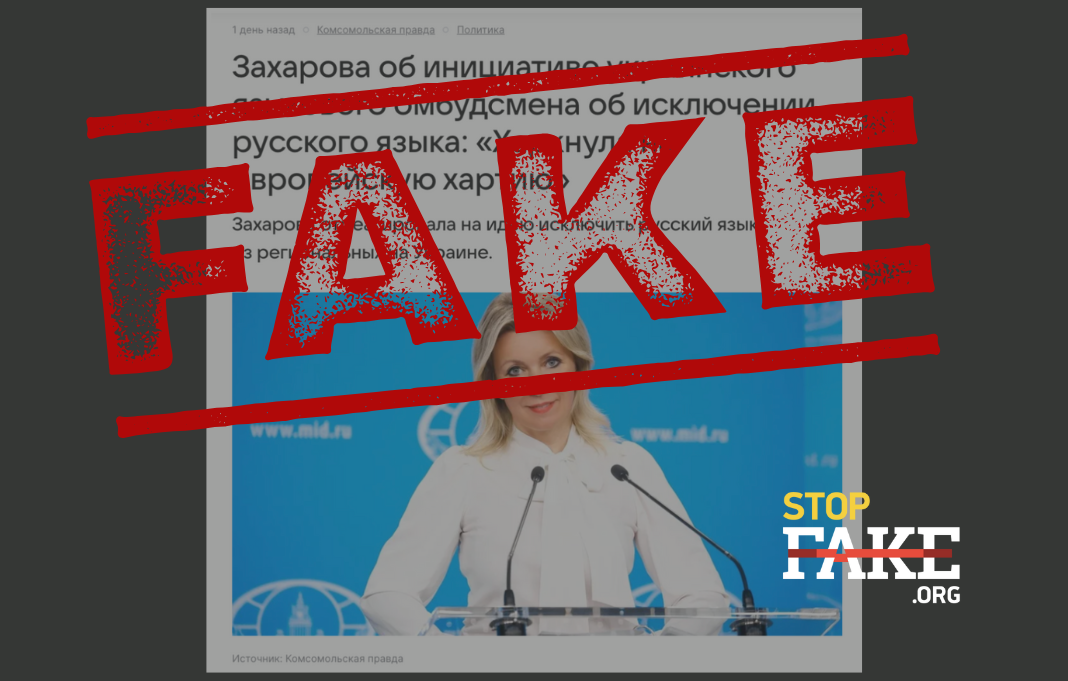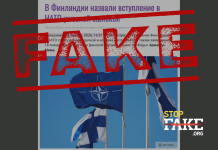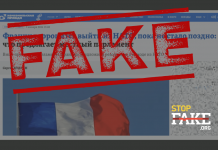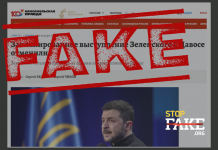In fact, the measure does not amount to a ban. Rather, it addresses a longstanding translation error in the European Charter. The treaty is designed to safeguard endangered languages, while Russian — the official language of a major state — is not considered to be in need of such protection.
Russian state media and officials have opened a new line of attack, accusing Kyiv of Russophobia and discrimination against Russian speakers. The trigger this time was a statement by Ukraine’s language commissioner, Olena Ivanovska, who argued that Russian should be removed from the list of languages entitled to special protection. Moscow seized on the remark: Foreign Ministry spokeswoman Maria Zakharova said it was evidence Ukraine is pursuing a policy of “forced Ukrainization” and curbing the rights of Russian-speaking citizens.
Olena Ivanovska did in fact propose revising Ukraine’s list of languages covered by the European Charter for Regional or Minority Languages — a move that could result in Russian losing its special-protection status. But the rationale, echoed by her predecessors in the post, has less to do with politics than with a mistranslation that has stood for more than two decades. The Charter’s English phrase “regional or minority languages” was rendered in Ukrainian as “regional languages or languages of national minorities.” Correctly translated, it refers to “regional or minority languages,” which excludes Russian — the state language of a major power — from the category the Charter was designed to protect.
Today, Ukraine remains the only Council of Europe member state to have ratified the Charter using the phrase “languages of national minorities” in its title, rather than the original “minority languages.” In English, Kyiv’s version reads “Languages of National Minorities” — a departure from the text adopted by every other signatory, which translated the term literally and avoided the error.
The Charter was designed to safeguard languages that are endangered or at risk of extinction, spoken by relatively small communities. Each member state was tasked with defining its own list. In 2003, Ukraine designated 13 languages — 11 of which hold official status in their own countries and are clearly not under threat, Russian among them. Moscow has since seized on this anomaly, weaponizing the Charter for years as a propaganda tool to accuse Kyiv of discriminating against Russian speakers.
“Moscow has been exploiting this document as a tool of manipulation for years. What we need is a proper translation that removes the occupier’s language from the list. Russian does not require our protection. When Crimean Tatar and Karaim appear alongside Russian, it is a paradox,” Commissioner Olena Ivanovska said.
The initiative is aimed at correcting a mistranslation and restoring legal consistency — ensuring the list of protected languages reflects Ukraine’s real linguistic landscape and the Charter’s original purpose, not suppressing Russian. The Ukrainian Constitution explicitly guarantees the free development, use, and protection of Russian and other minority languages. Russian remains safeguarded in communication, publishing, and everyday use.
Previously, StopFake also exposed similar disinformation alleging the suppression of Russian in Ukraine, including reports claiming that the country had “banned” the language, enacted “linguistic genocide,” imposed criminal liability for speaking Russian—even at home, as cited by Lavrov—and prohibited the distribution of Russian-language books.





